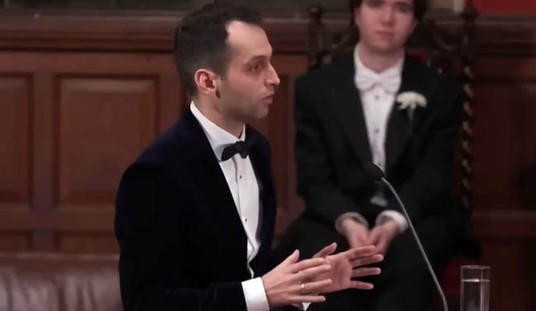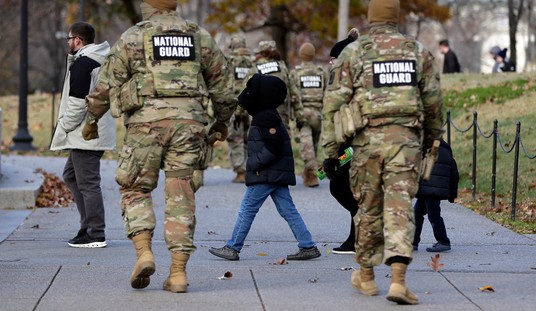It all comes down to turnout, as they (often) say, and midterm election years are those in which the wining team is the one which got their core voters out to the polls in greater numbers. It’s not about expanding the base, or refurbishing the brand to appeal to a broader electorate; Midterms are all about exciting your partisans and depressing the other guy’s. And the issues which get each party’s bases exited to vote are relatively divergent this cycle.
Via The Washington Post’s Aaron Blake, the Democratic firm Democracy Corps tested a range of issues which resonate with voters who are already committed to voting either Democratic or Republican in November. For Democrats and Republicans, “the economy, creating jobs, and improving wages” ranked above all, but that is where the similarities end.
For Democrats, the next most important issues were a candidate’s “position on women and women’s issues” followed by “Medicare and Social Security” and finally a candidate’s position on the Affordable Care Act. For Republicans, the next most critical issue to them was foreign policy and the rise of the Islamic State followed closely by Obamacare and federal spending.
This suggests that Republicans are going to enjoy a structural advantage this year. Why? Their voters’ priorities more closely align with those of the overall voting public. An AP-GfK poll released on October 1 which measured voter’s priorities indicated that 8 in 10 likely voters were concerned about terrorism and ISIS. In fact, that issue ranked just behind voters’ concerns about the economy and job growth. Moreover, by a nearly two-to-one margin, likely voters believe Republicans are the party better equipped to handle the issue of terrorism.
Social matters like “women’s issues,” however, rank near the bottom of likely voters’ priorities this cycle. That explains why ostensibly nonpartisan organizations like MTV’s Rock the Vote, a group which has evolved into an overtly pro-Democratic GOTV operation, focused entirely on marginal social matters in a recently released video attempting to cajole disengaged youth voters to turn out in November.
But a president’s sixth year midterm election is also a referendum on their performance in office, and few two-term presidents escape the voters’ rebuke in their second midterm. Obama will be no exception to this rule, it seems. According to a Wall Street Journal/NBC News poll released today, only 31 percent approves of the job President Barack Obama has done managing America’s foreign affairs. A full 61 percent disapprove of his handling of this key issue. Any issue which a Democratic president is 30 points underwater is going to get Republicans excited.
Oddly, The Journal suggests that foreign policy will be among the “wild cards” of this election cycle.
The fight against Islamic State militants in Iraq and Syria ranked third among issues that voters said would be important in their vote for Congress, beyond job creation and breaking the partisan gridlock in Washington.
The poll also found support rising for the use of U.S. ground forces to fight Islamic State. Some 35% in the new survey said military action against the group should be limited to air strikes, with 41% saying it should include combat troops, as well. A month earlier, some 40% called for airstrikes only, with 34% saying the U.S. should use combat troops as well as air strikes.
The outbreak of Ebola also is making an impression on voters, as 98% have heard or read about the deadly virus, a record level of awareness of major news events tracked by Journal/NBC polling.
It seems that an electorate which is concerned about or disapproves of the way in which the administration has handled every foreign policy matter from the wars in Europe and the Middle East to the spread of Ebola (an issue which has only made Democrats nervous) would be one which favors Republican candidates.
Democrats will be buoyed by the fact that the WSJ/NBC News poll found Republican brand is toxic and getting worse, but the various foreign crises bubbling up in the news all appear to be lopsidedly benefiting Republicans. For the first time since George W. Bush’s 2004 reelection, Republicans should be eagerly inviting a foreign policy election.









Join the conversation as a VIP Member